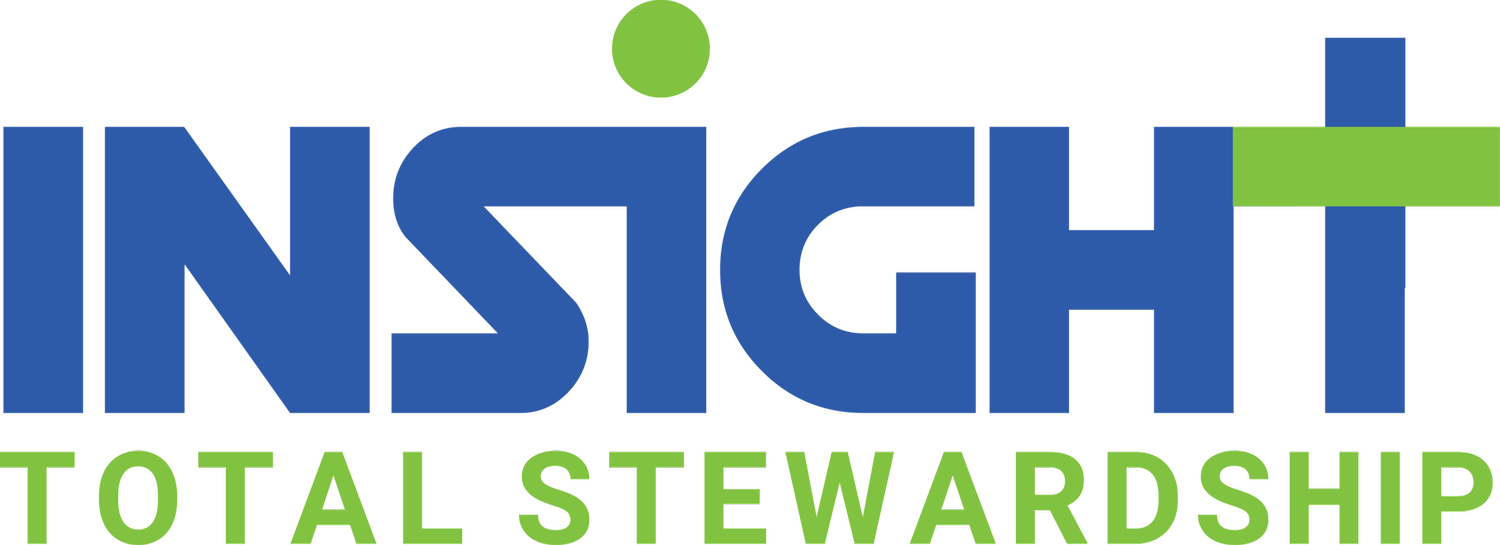Trusting God with our Finances- Accept Help!
/A great way to learn to better trust God with our finances is to accept the help he gives us! However, sometimes the help provided to us, doesn’t look like we might expect.
Have you ever heard the story of the Drowning Man? I’ve heard it used many times in sermon illustrations. (I can’t find the author/origin of the story.. so if you find it let me know!) Basically, there is a man sitting on the roof of his house as flood waters rise quickly below. A motorboat comes by and the occupants offer rescue. The man declines and says “No thanks, God will save me.” Then, a row boat paddles on by and offers help, the man declines again saying, “No thanks, God will save me.” Lastly a helicopter flies by and the pilot offers help. The man refuses rescue again and declares that he will wait for God to save him. The waters rise, the man drowns, and wakes up in heaven. Confused, he asks God why he didn’t save him. And God responds saying, “I sent you a motorboat, rowboat, AND a helicopter! What more help did you want?” The man had faith that God would save him, but he was close-minded in terms of how God would provide that aid. We can learn to trust God with our finances by being open-minded to the types of provision God uses, one of those is our community.
“Carry each other’s burdens, and in this way you will fulfill the law of Christ. ”
Whatever our circumstance, if we are struggling to make ends meet or we realize we need to cut back on spending to save for retirement. We might ask God for financial help and expect him to answer with more money coming in. If we are only looking for one possible answer to that request we could miss out on one of the best ways God provides for us… our community! Our community, whether that’s friends, family, church, or co-workers, has a lot to offer us. Sharing resources can go a long way! Next time you are struggling financially or just trying to be a better steward of what God has given you, consider looking first in your community for help. Maybe, there is someone in your community who can actually provide you with a needed service for cheaper. In the process you strengthen relationships and probably help that person out, even while saving money! Now, I’m not saying you can’t buy nice things for yourself ever, but there is something beautiful about sharing power tools with neighbors, giving rides to the airport, and having a potluck style dinner instead of going to an expensive restaurant. A friend of mine is planning a “clothing swap” for friends to get together and trade pieces of clothing! What a cool idea, it’ll be a great way to freshen up my wardrobe without spending a ton of money on new clothes. Not to mention the time spent with friends will surely be good for my soul. :) God often provides for our needs when we live in community with one another. I have found that by making our needs known within our community, God really will show up and provide! The more that you do this the easier it will be to trust that God will provide, one way or another, for all of our needs.
Can you think of a time when a need you had was met by your community? Share it in the comments!
~Kara
“And do not forget to do good and to share with others, for with such sacrifices God is pleased.”
